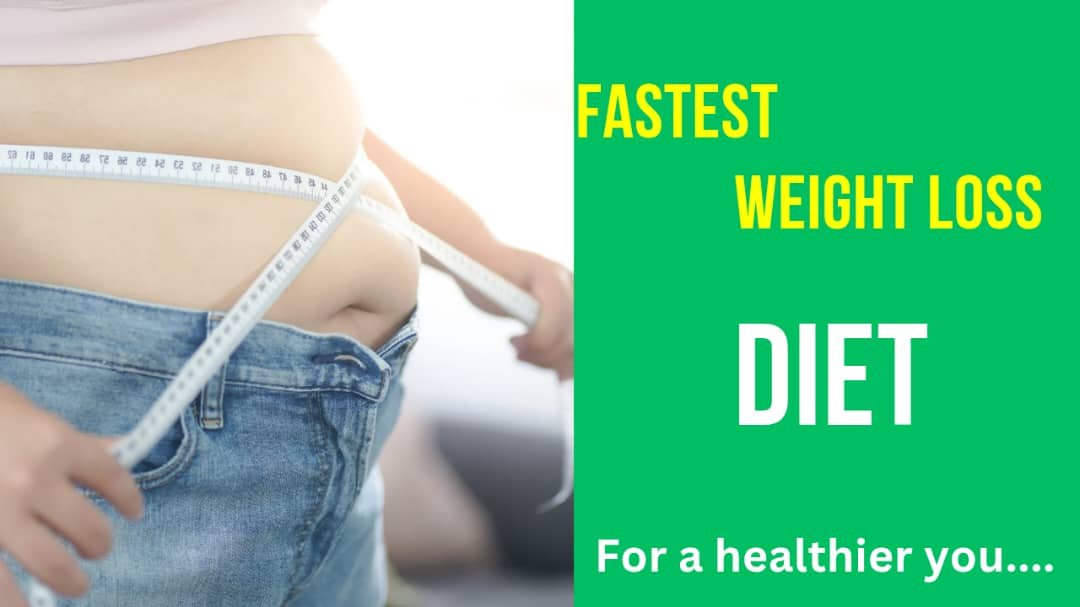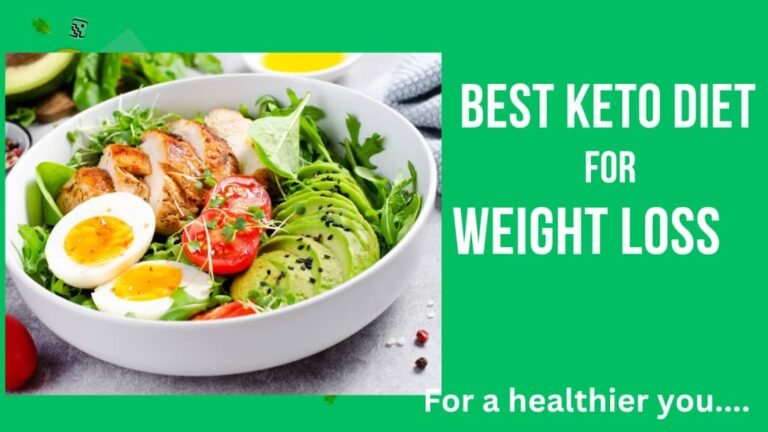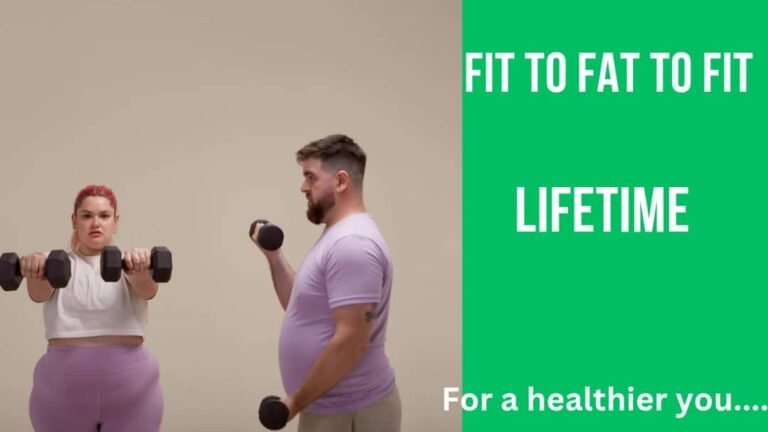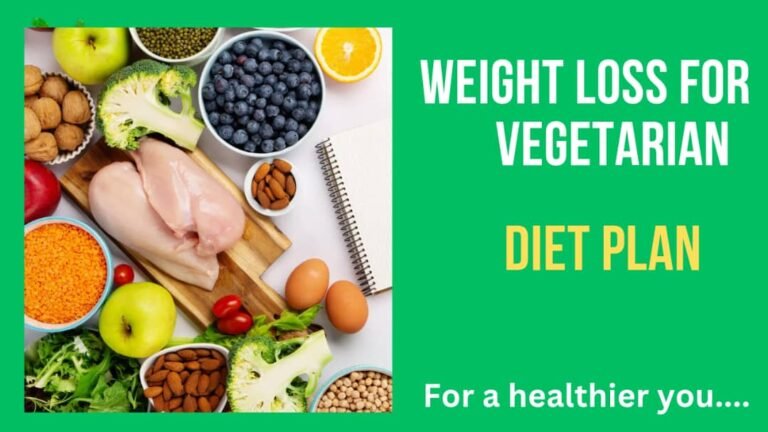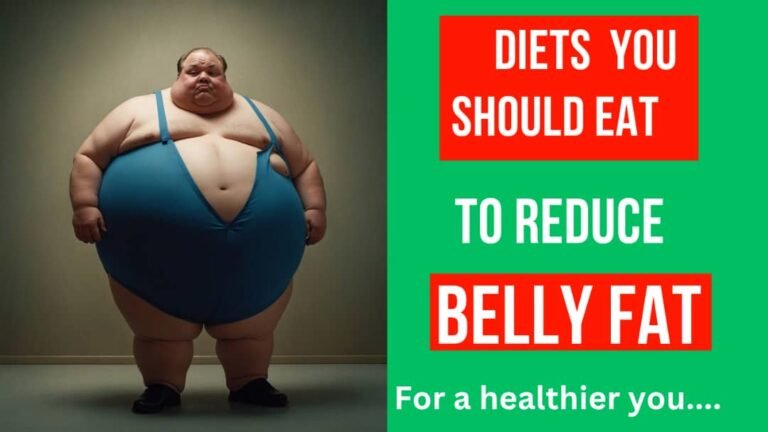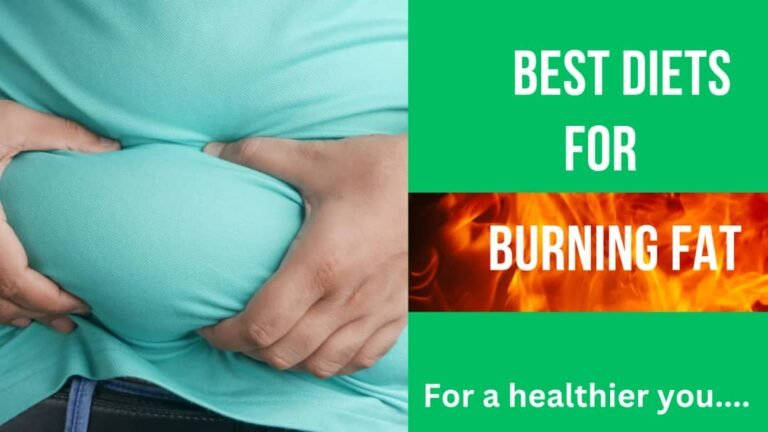What is the fastest weight loss diet? According to my experience and expertise, the ketogenic diet is the fastest weight reduction plan. However, I prefer to use the term ‘ketogenic lifestyle’ rather than ‘diet’. Allow me to explain why.
When we hear about a diet, we believe that we must purchase specific things and follow a set of guidelines for consuming those products. However, there is nothing to acquire from a single firm when it comes to the Keto diet. You acquire food from your preferred vendors while adhering to certain criteria. So, the term ‘diet’ isn’t very appropriate.
The term “ketogenic diet” is derived from the word “ketosis,” which refers to the process of turning body fat into a water-soluble chemical known as “ketone” in our liver. Ketones can be oxidized for energy in our muscles, particularly in the brain. Metabolizing ketones allows our energy-hungry brain to function considerably more effectively.
The primary premise of this diet is to manage the anabolic hormone Insulin, which is the cause of weight gain. It is commonly understood that insulin is required (or used) only when we consume a carbohydrate-rich diet that elevates our blood sugar levels. So, every time we eat carbs, our bodies must employ insulin to transfer the extra sugar inside our muscle tissue (not much, though) and store any excess fat in our bodies, resulting in weight gain.
When blood sugar levels are normal (approximately 1 teaspoon in 5L of blood in an adult), insulin vanishes and our body begins to break down stored fat for energy. This occurs practically every night after we sleep for a few hours.
That is, if we do not eat carb-rich foods and do not eat frequently, our insulin levels remain low, and our bodies continue to burn body fat, resulting in weight reduction.
Recently, scientists discovered that a high level of insulin throughout the day (due to frequent eating) causes diabetes, high blood pressure, inflammation, kidney malfunction, brain fog, depression, and a variety of other illnesses. For example, excessive insulin levels prevent sodium salt from being excreted by the kidney.
As a result, our sodium salt levels rise, causing water retention in our bodies, which contributes to high blood pressure and obesity. If we keep our insulin levels as low as feasible, sodium excretion increases significantly after a week or two. As a result, you lose a significant quantity of water weight and your blood pressure drops to ‘Low’ if you do not stop your prescription.
Okay, so all you have to do is quit (or reduce the amount to 30gm or so per day) eating starchy carbs (sugar, grain-based foods, root vegetables, fruits, and so on) and restrict the number of meals you eat to ideally two (or three) per day. You can skip breakfast and have an early lunch and dinner. You can eat leafy greens because they are low in starch and take a long time to digest; they do not produce an insulin surge.
So, where will our bodies receive their energy? Our bodies will burn fat for energy. In addition, our bodies can produce sugar from fat and protein to maintain the necessary minimum quantity of sugar in our bloodstream.
What will you eat? First and foremost, consume actual food rather than processed crap. You should consume (1.5 or 1.7 times the optimal body weight for your height) grams of protein per day (in order of priority: organ meat, red meat, eggs, white meat, seafood, dairy, or plant-based protein).
To begin, eat 2-4 tablespoons of ideally saturated fat, such as ghee or butter, with each meal. Healthy fat prevents hunger, so you will not feel hungry until your next meal. Once your body has adapted to this new way of eating, you can cut back on fat.
If you eat no more than three meals per day, do not calculate calories. Eat till you are full and satisfied! Yes, I am not joking.
To compensate for the salt loss, you should consume 1.5 to 2 teaspoons of sea salt (sodium salt) daily. This is quite crucial.
Experts advise against consuming seed oils (other than coconut oil, olive oil, and avocado oil) because they produce extreme inflammation in our bodies and are linked to serious health concerns such as cancer.
That’s it. You must now pick what foods you will eat within those restrictions. Even if you don’t exercise, you’ll lose weight quickly.

